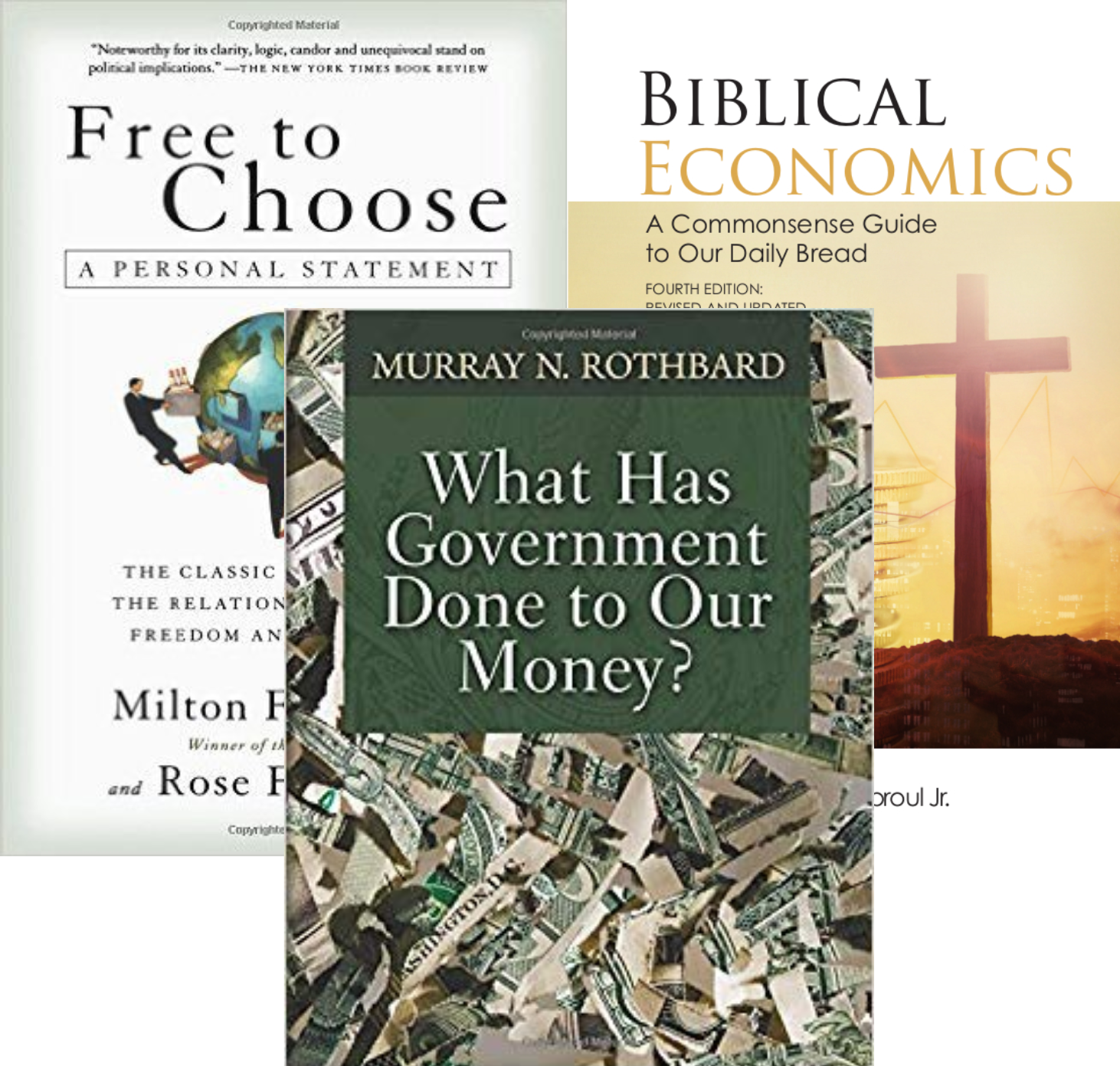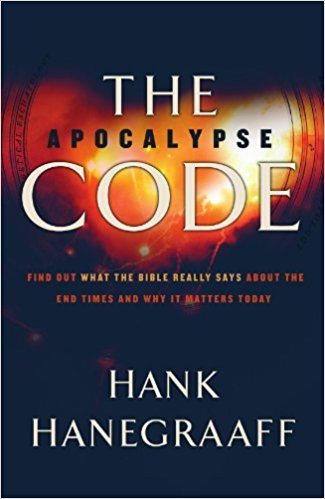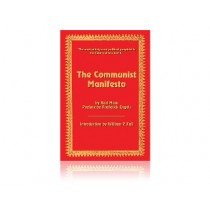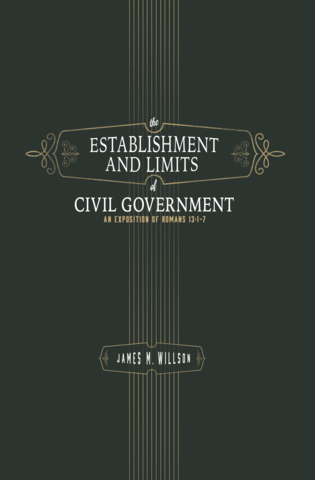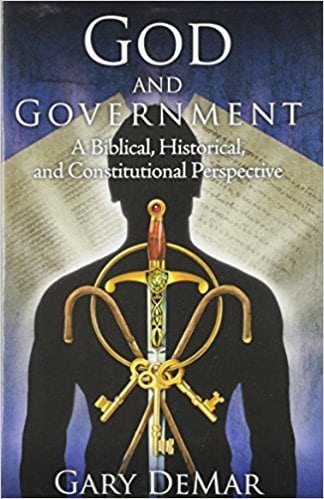Economics Bundle
Price range: $6.00 through $12.75
Description
Biblical Economics
Americans are obsessed with the economy, yet few understand its impact on each and every one of us. In Biblical Economics, R.C., Sproul Jr. presents a compelling, timely explanation of today’s economic issues and the biblical principles that apply.
Economics is the study of the creation and distribution of resources. God speaks to where and how we get our daily bread, the issues of poverty and wealth, and the role of government. Economics necessarily involves moral decisions, and in biblical law, we can expect to find principles of conduct for both the individual and society.
Sproul sheds light on topics that confuse so many with a biblical point of view on stewardship, creation, property, profit, money, inflation, debt, equity, and more. He also explains how prosperity naturally flows from a free, unregulated economy, and the dangers of government interventionism.
Biblical Economics proves to be a faithful guide to Christians who seek a basic understanding of our economic system, and how to fix it.
Free to Choose
The international bestseller on the extent to which personal freedom has been eroded by government regulations and agencies while personal prosperity has been undermined by government spending and economic controls.
What Has Government Done to Our Money?
When this gem first appeared in 1963, it took the form of a small paperback designed for mass distribution. After fifty years, it remains the best book in print on the topic, a real manifesto of sound money.
After presenting the basics of money and banking theory, he traces the decline of the dollar from the 18th century to the present, and provides lucid critiques of central banking, New Deal monetary policy, Nixonian fiat money, and fixed exchange rates. He also provides a blueprint for a return to a 100 percent reserve gold standard.
Rothbard boils down the Austrian theory to its essentials. The book also made huge theoretical advances. Rothbard was the first to prove that the government, and only the government, can destroy money on a mass scale, and he showed exactly how they go about this dirty deed. But just as importantly, it is beautifully written. He tells a thrilling story because he loves the subject so much.
The passion that Murray feels for the topic comes through in the prose and transfers to the reader. Readers become excited about the subject, and tell others. Students tell professors. Some, like the great Ron Paul of Texas, have even run for political office after having read it.
Rothbard shows precisely how banks create money out of thin air and how the central bank, backed by government power, allows them to get away with it. He shows how exchange rates and interest rates would work in a true free market. When it comes to describing the end of the gold standard, he is not content to describe the big trends. He names names and ferrets out all the interest groups involved.
Since Rothbard’s death, scholars have worked to assess his legacy, and many of them agree that this little book is one of his most important. Though it has sometimes been inauspiciously packaged and is surprisingly short, its argument took huge strides toward explaining that it is impossible to understand public affairs in our time without understanding money and its destruction.

